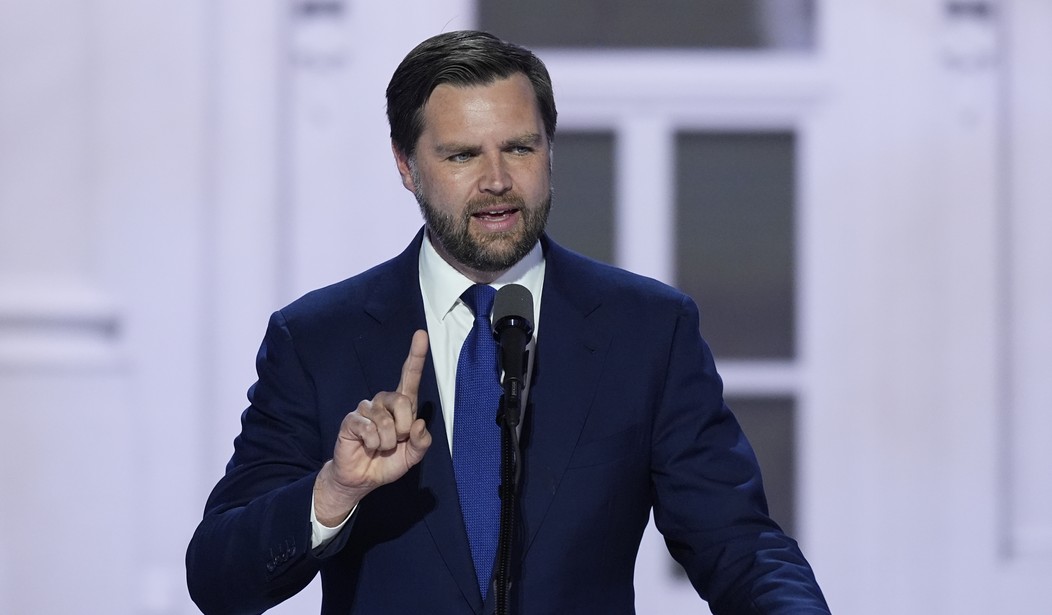Forty-four years ago, Ronald Reagan won a smashing victory over the hapless Jimmy Carter. It was seen at the time as a realignment of the Republican Party. Reagan Republicanism had finally buried Robert Taft Republicanism after 35 years of dominance.
Taft was an isolationist but otherwise a standard Republican who wanted lower taxes and a smaller government. He also opposed big labor, big business, and the military draft, which was a big issue in the 1950s. Taft was also something of a libertarian on social issues, preferring to keep the government away from individuals' private lives.
The Republicans who entered the government with Reagan were a different breed. The Reagan GOP gained and kept power by uniting the "three stools" of the Republican Party: social conservatives, economic or "Main Street" conservatives, and foreign policy hawks, known at the time as neoconservatives.
It was an uneasy coalition, but it was hugely successful. Republicans gained their first majorities in Congress since the New Deal and elected three presidents.
But nothing lasts forever in politics and Reagan Republicanism barely made it into the 21st century. Even though Reagan Republicanism flourished in the George W. Bush years, it was already being challenged by the populists. The defeats of John McCain and Mitt Romney sealed its fate. Politics doesn't abide losers, and the rise of Donald Trump began to nail the coffin shut.
The 2024 campaign has now buried Reaganism and replaced it with what many conservatives my age don't call "conservatism" at all. But then I recalled the debate between Matt Lewis and Josh Barro. The two writers went back and forth on what "conservatism" is. Is it a set of recognized principles, as Lewis believed? Or is it what the majority of people who call themselves "conservative" think it is, as Barro asserted?
Since most conservatives believe that my definition of conservatism doesn't hold true anymore, I've resigned myself, along with a few other fossils such as Nikki Haley, Peggy Noonan, and Asa Hutchison, to be on the outside looking in. Changing parties isn't an option, not with the Democrats becoming more and more liberal as Republicans sidle farther and farther to the right.
From 1980 until Trump’s nomination in 2016, the Republican Party was dominated by Reagan’s version of three-legged-stool conservatism. During Trump’s first term, despite his populist rhetoric, Trump was heavily influenced by this tradition. As his running mate, he picked Mike Pence, who started his life as a Democrat until the Reagan era. “His ideals inspired me to leave the party of my youth and become a Republican like he did,” Pence said. Once in office, Trump’s major legislative accomplishment — a tax reform that offered large and permanent tax cuts to corporations and temporary tax reductions to individuals — was a policy that any Republican presidential candidate (from Mitt Romney to Jeb Bush) could have felt comfortable signing into law.
It's a new GOP. And JD Vance is the perfect spokesman for it.
“Even though [Reagan] was the president of the United States, there were already people who were aggressively pushing back against his influence, who were already planning a return to basically reimplementing the Wall Street Journal editorial page’s preferred positions in 2019,” he said. “I think that’s over now. And the fact that it’s over is a huge, huge win for you guys [i.e. national conservatives], but mostly, it’s a huge, huge win for the American people.”
During his short political career, Vance (who, at 39, was born after The Karate Kid debuted in theaters) has been a leader of a movement aimed at wrestling away the Republican Party from the orthodoxy of free markets and muscular foreign policy. Instead, Vance’s vision is for a Republican Party that embraces large government programs, is more open to taxing corporations, that shows more foreign-policy restraint, and that wields the power of the state in the culture wars.
I just wish "restraint in foreign policy" would be matched with restraint in fiscal policy. With Donald Trump already talking about tax cuts and the U.S. government facing a $2 trillion deficit, it's not likely there will be many spending cuts in Trump's budgets.
Beyond Reagan, Republicanism is a great unknown. The ideology and issues that define this new era have yet to be formed. There is an aspiration but no blueprint. There are personalities but, besides Donald Trump, no recognized lieutenants.
But there are foot soldiers and unlike even the Reagan Revolution, there is a passion to change the trajectory of U.S. history.
Only time will tell if this is a good thing.










